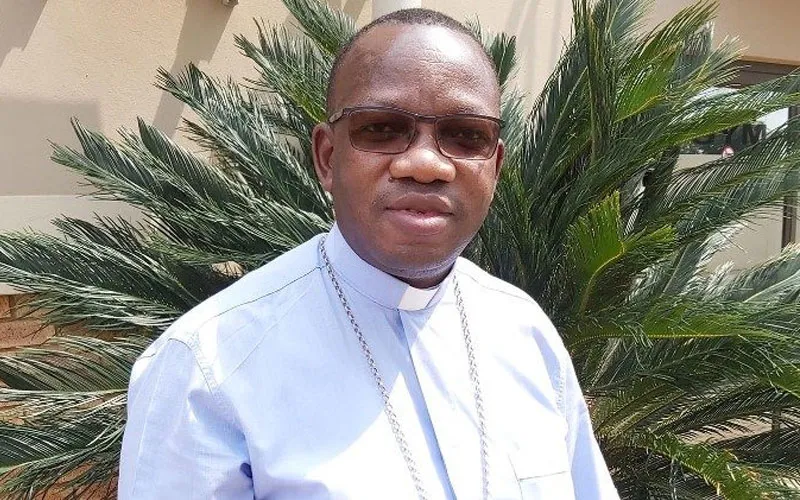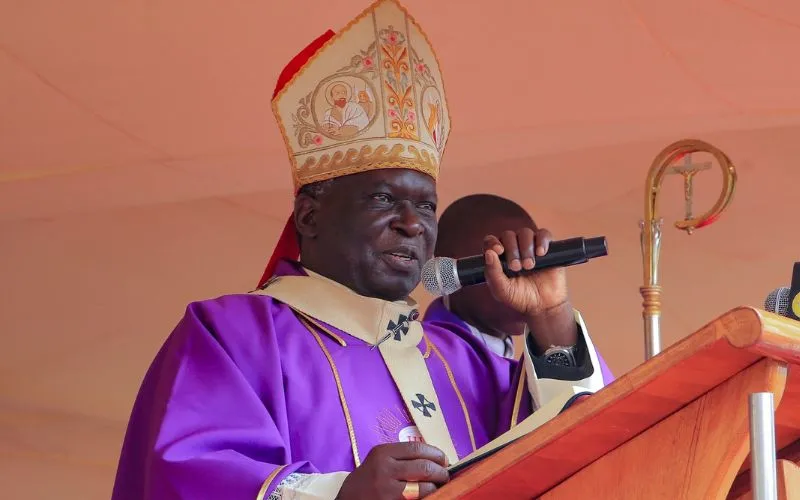Pemba, 20 June, 2021 / 5:12 pm (ACI Africa).
The Apostolic Administrator of Mozambique’s Pemba Diocese, Bishop António Juliasse Sandramo, has urged charity groups and authorities giving aid to displaced people who have settled in the provincial capital not to discriminate against the local community.
In a Wednesday, June 16 report by Agenzia Fides, the information service of the Vatican's Propaganda Fide, Bishop Juliasse says that for there to be a good relationship between the hosts and people being hosted, there need to be a bond between them; something which they commonly share.
“The interventions must integrate aspects of good coexistence between the displaced and the local population. The aid should not go only to the displaced, totally ignoring the local population,” says Bishop Juliasse.
In order to avoid animosity between local communities and people who have fled violent conflict, the Mozambican Bishop says, there need to be an equitable sharing of resources that have been mobilized to help people who have been displaced.
“It is necessary for people to share utilities if they are to stay together without any conflict. Resources from land, building materials for houses to basic necessities need to be shared,” he reiterates.








